Karatosis Pilaris
Understanding Keratosis Pilaris: Causes, Symptoms, and Management
Keratosis Pilaris, commonly referred to as "chicken skin," is a widespread, benign, hereditary skin condition characterized by small, rough bumps on the upper arms, thighs, buttocks, and cheeks. This condition can occur at any age and, due to its hereditary nature, there is no known method of prevention. While Keratosis Pilaris may resolve on its own over time for some individuals, it can also be a chronic condition. Although not harmful, it is notably difficult to treat.
Expert Care for Keratosis Pilaris at Cumberland Skin
Despite not being a medical concern, Keratosis Pilaris can lead to dryness and itching, which can affect your self-confidence. At Cumberland Skin, your skin health is our top priority. If you are dealing with Keratosis Pilaris, our experienced providers are here to help.
Schedule an appointment with one of our trusted dermatologists to receive a personalized treatment plan tailored to your skin's unique needs.
Examples of Keratosis pilaris
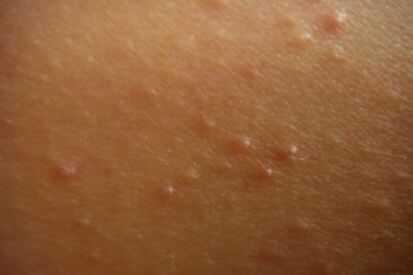
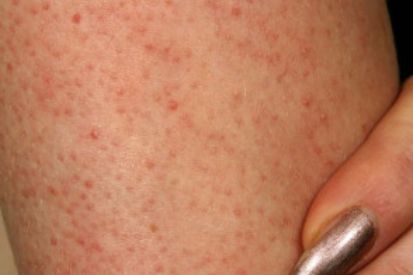

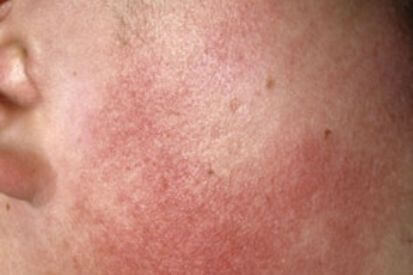
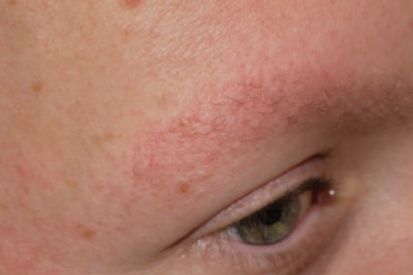
What are the Symptoms of Karatosis Pilaris?
- Small, hard bumps resembling goosebumps or acne.
- Rough, dry, or scaly skin texture.
- Commonly found on the upper arms, thighs, cheeks, or buttocks.
- Occasionally accompanied by redness or inflammation.
- Often worsens in cold or dry conditions.
- Typically non-itchy but can be bothersome for cosmetic reasons.
- Symptoms may improve with age.
Casues of Karatosis Pilaris?
- The buildup of keratin, a protein that protects the skin from infections and other harmful elements.
- Hair follicles becoming clogged with keratin.
- Genetic predisposition, often running in families.
- Dry skin, especially in cold or dry climates.
- More common in individuals with certain skin conditions like eczema.
- Hormonal changes, such as during puberty or pregnancy, can exacerbate symptoms.
How to Prevent Karatosis Pilaris
While there is no definitive way to prevent keratosis pilaris, certain measures can help minimize its symptoms and improve the appearance of the skin. Here are some preventive strategies:
- Regular Moisturization
- Gentle Cleansing
- Avoiding Hot Water
- Exfoliation
- Topical Retinoids
- Avoiding Tight Clothing
- Humidification
- Dietary Considerations
- Sun Protection
Keratosis Pilaris FAQs
No, keratosis pilaris is not contagious. It is a genetic skin condition that often runs in families. While it may be more common in individuals with dry skin, it is not caused by an infection and cannot be spread to others through contact.
Keratosis pilaris is generally not painful but may cause mild itching. Scratching the bumps can lead to irritation and worsen the condition. Dermatologists can recommend moisturizers and gentle exfoliation to alleviate itching.
For some individuals, keratosis pilaris may improve with age. However, it can persist into adulthood. Dermatologists can provide guidance on managing symptoms throughout different life stages.
While there is no cure for keratosis pilaris, effective management can help control symptoms and improve the appearance of the skin. Consistent use of recommended skincare routines and treatments can minimize the visibility of bumps.
How to Treat Karatosis Pilaris
Treatment options for keratosis pilaris often involve addressing the underlying causes of the condition and managing its symptoms. Some common prescription options include:
- Medicated Creams or Lotions with 12 Percent Ammonium Lactate: These formulations aim to soften the affected skin, helping to reduce the prominence of the bumps and improving overall skin texture.
- Moisturizers with Urea: Urea-containing moisturizers are used to hydrate the skin and assist in loosening and removing dead skin cells. This can contribute to a smoother appearance of the affected areas.
- Topical Corticosteroids: Topical corticosteroids may be prescribed for short-term and temporary relief of symptoms, such as itchiness and inflammation. These medications help to reduce redness and discomfort associated with keratosis pilaris.
- Topical Retinoids: Topical retinoids, derived from vitamin A, work by increasing cell turnover. By promoting the shedding of dead skin cells, they help prevent the plugging of hair follicles, reducing the formation of bumps. It's important to note that these medications may cause skin sensitivity and should be used under the guidance of a healthcare professional.
As with any skin condition, individual responses to treatments may vary, and a dermatologist can provide personalized advice and monitor progress over time. Schedule with one of our providers today.
Related Blog Posts
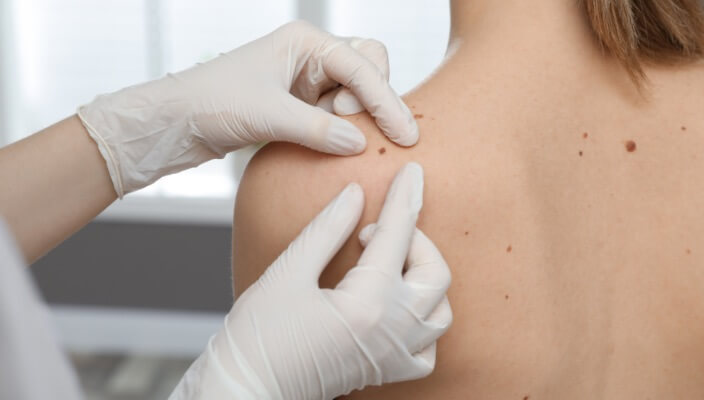
- General Dermatology
- Skin Exams
Preparing for your first dermatology appointment is important because it ensures everything goes as smoothly as possible and that your doctor is up-to-date on the status of your overall health and wellbeing. Here are our expert tips.
Read More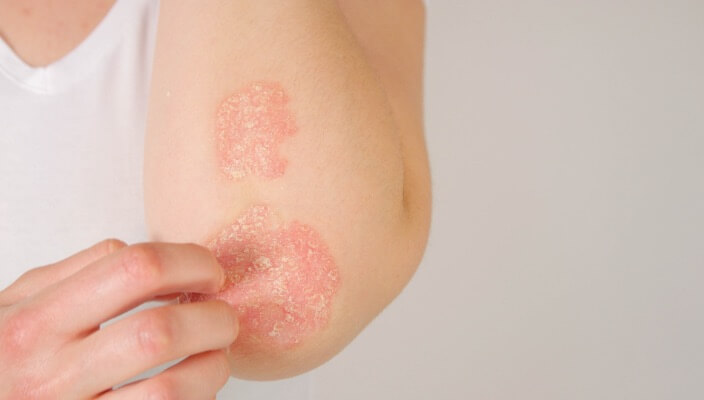
- General Dermatology
- Chronic Skin Conditions
Learn the differences between dry skin, eczema, and psoriasis, their distinct characteristics, and potential triggers. Gain valuable insights into identifying symptoms and seeking appropriate treatment to effectively managing these common skin conditions.
Read More
- Skin Care
- Cosmetic Treatments
Unlock the secrets to achieving radiant, glowing skin. Explore expert tips and skincare routines tailored to nourish and revitalize your complexion, empowering you to embrace a luminous and youthful appearance.
Read MoreFeatured Products for Karatosis Pilaris

iS Clinical Reparative Moisture Emulsion
This intensive, rejuvenating moisturizer is formulated with botanicals, peptides, and powerful antioxidants. Reparative Moisture Emulsion helps keep your skin healthy, smooth, and protected. 50 g e Net wt.1.7 oz.

SkinCeuticals Phloretin CF Gel
Phloretin CF Gel is a revolutionary antioxidant technology combining 2% phloretin, 10% pure vitamin C (L-ascorbic acid), and 0.5% ferulic acid for enhanced protection against atmospheric aging – environmental damage and premature signs of aging caused by free radicals from UVA/UVB radiation. This daily topical vitamin C antioxidant also helps diminish the appearance of discoloration, refine skin texture, and improve skin tone. 1 fl oz / 30 mL


